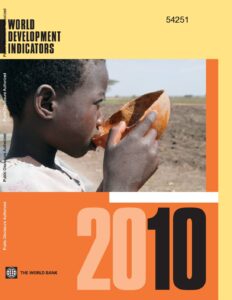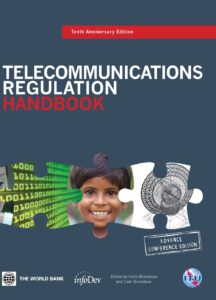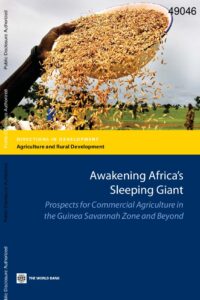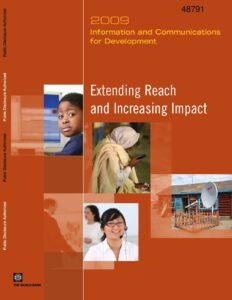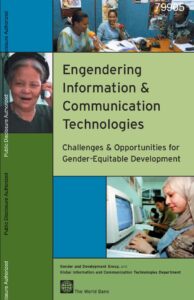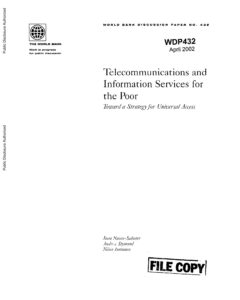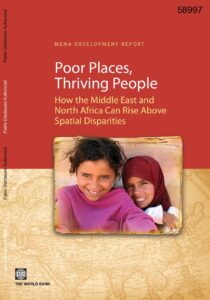
Poor Places, Thriving People: How the Middle East and North Africa Can Rise Above Spatial Disparities
Published in 2011It is now well known that the clustering of production in major cities is a driving force of economic growth. However, the governments of the Middle East and North Africa (MENA) are determined to make sure that their citizens benefit from their national development no matter where they live. The principle of economic justice makes wide gaps in living standards between leading and lagging areas politically intolerable. So the key question is this: how can MENA reap the benefits of economic agglomeration while mitigating geographic disparities in well-being? It is hard for policy makers to find straightforward advice on lagging…
Read »
